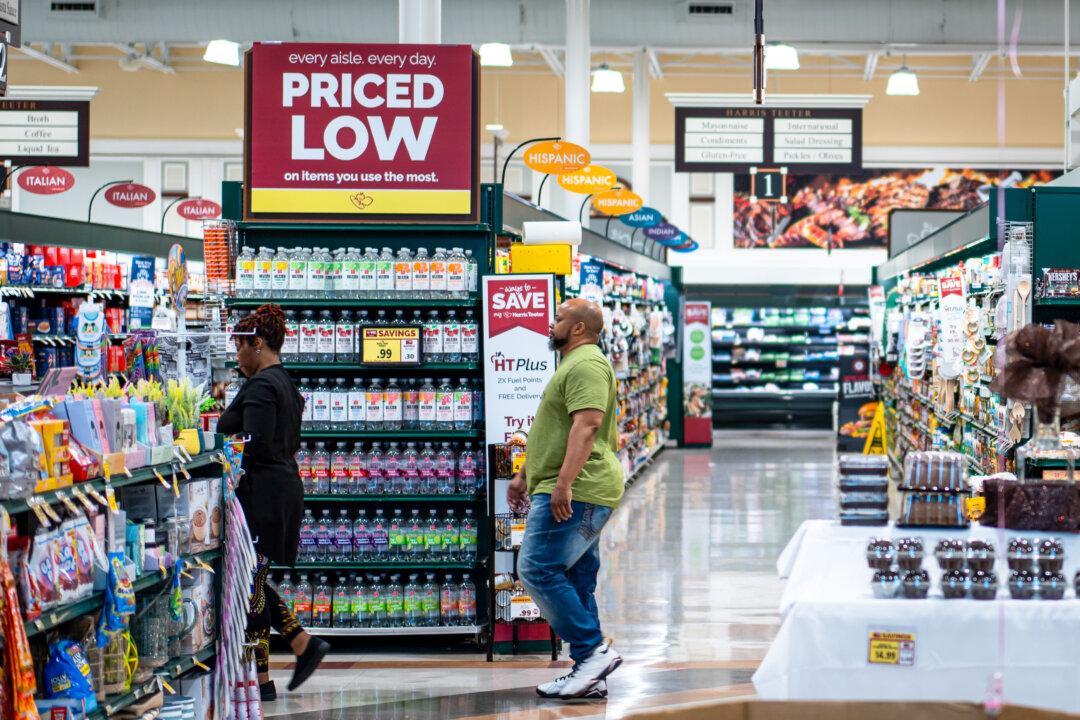Consumer sentiment declined to the lowest level since December 2023 as American citizens continue to be troubled by high prices from elevated inflation, according to a recent survey.
The Index of Consumer Sentiment declined by 3.2 percent this month from June, according to a July 12 data release by the University of Michigan’s Surveys of Consumers.





